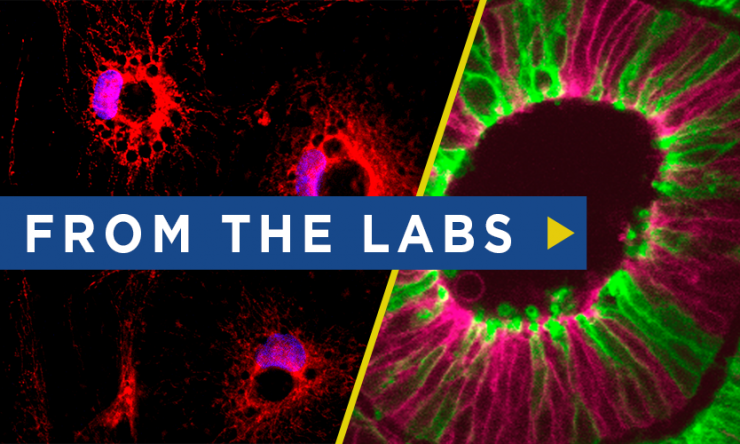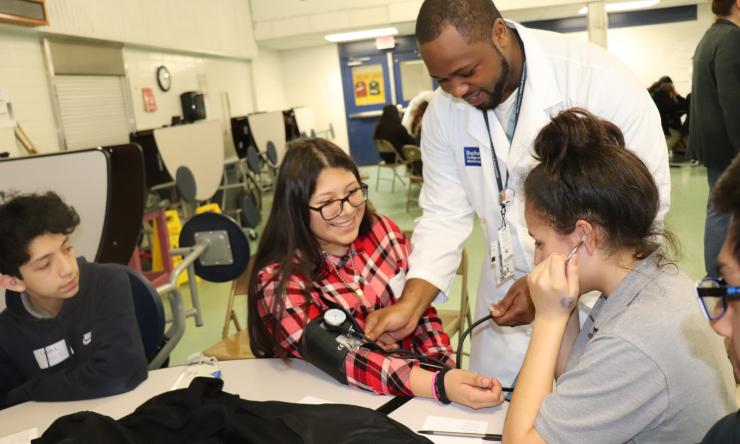Research from Baylor
Read more about research at Baylor College of Medicine in our monthly newsletter from the Labs.
In the News
Read about our research, faculty, news and events making headlines.
Baylor College of Medicine Blog Network
Baylor College of Medicine's Blog Network spans health news, medical education updates, healthcare, community, and events around Baylor.
For the Media
Let our media specialists help you find an expert in health, medicine, education, research and patient care and arrange an interview.
Call our media team at 713-798-4710
Communications and Community Outreach
The Office of Communications and Community Outreach is the information hub for the College.














